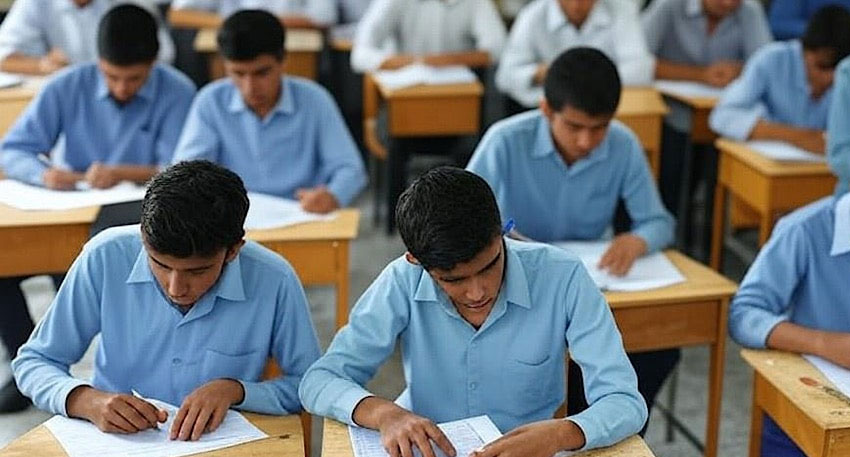
The decision was made by Judicial Magistrate Abbas Shah on a request from the Federal Investigation Agency (FIA). After completing the hearing, the court issued a written order consisting of two pages.
The court order stated that the FIA had initiated an investigation into anti-state content on June 2. Based on the evidence presented by the FIA, the court expressed satisfaction and confirmed that action could be taken under the law. The judge further instructed the YouTube officer-in-charge to block the identified 27 channels.
Following the court’s ruling, the FIA clarified that the petition for blocking the channels had been filed by the National Cyber Crime Investigation Agency (NCCIA), not the FIA itself. The FIA’s spokesperson explained that the NCCIA, which is a newly established entity, is now responsible for investigating cyber crimes and carrying out legal actions in such matters. Therefore, the FIA no longer handles cyber crime investigations.
The FIA also addressed rumors in the media, stating that there was no mention of the FIA in the court’s orders. It clarified that the FIA and NCCIA are separate, independent bodies, and that cyber crime investigations and legal actions fall under the jurisdiction of the NCCIA, not the FIA.
The FIA urged the public and media representatives to refrain from spreading unverified news and to ensure that any information is confirmed by the relevant government agencies before it is published.
This clarification from the FIA came after news spread that the court had ordered the blocking of 27 YouTube channels following the FIA’s request.
The decision to block 27 YouTube channels in Pakistan highlights the growing concern regarding the spread of anti-state content online. While the move may have sparked controversy, it is important to recognize that the actions taken by the court and the FIA, in collaboration with the newly established NCCIA, are primarily aimed at safeguarding national security and ensuring that online platforms do not serve as a breeding ground for harmful or destabilizing narratives.
Read more: Why sales of Apple, other phone makers drop 9.7% in May
In a world where the digital space increasingly impacts public opinion, security, and social cohesion, these measures are necessary to curb the unchecked spread of disinformation, hate speech, or any material that could harm the country’s sovereignty and integrity.
The judicial intervention aligns with Pakistan’s long-standing efforts to ensure that its laws apply equally in the digital sphere, protecting citizens and national interests from foreign or domestic threats.
Moreover, the clarification provided by the FIA regarding its role, and the distinction between the FIA and NCCIA, helps dispel confusion about the jurisdiction and authority over cyber-related crimes. This clarification reinforces that the government is taking systematic and informed actions, rather than arbitrary or politically motivated decisions.
While media freedom is crucial, responsible journalism and content creation should prioritize national security and the well-being of the public. Pakistan’s increasing focus on cybercrime laws and regulations represents a necessary step in adapting to the challenges of an increasingly digital world, ensuring that the country remains safe, informed, and resilient in the face of evolving threats.
This approach shows Pakistan’s commitment to upholding both its legal framework and security while balancing the need for a free digital space where national interests are also protected.



